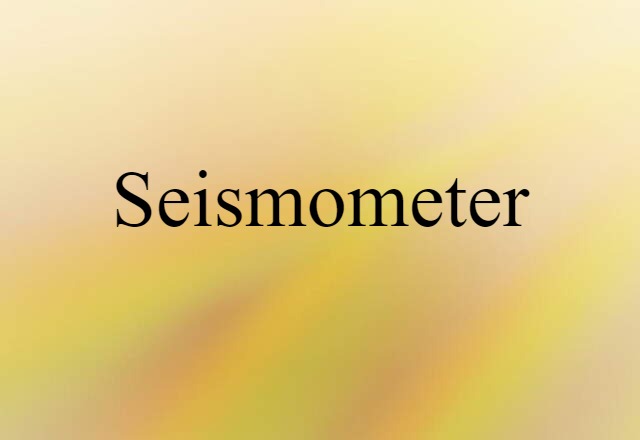- the centimeter-gram-second unit of magnetomotive force, equal to 0.7958 ampere-turns. Abbreviation: Gi
- U.S. architect noted for grand Beaux-Arts public buildings, including the U.S. Supreme Court Building, and for influential skyscraper designs.
- U.S. composer noted as a collector and preservationist of American folk music, especially African American songs.
- English soldier, navigator, and colonizer in America: half-brother of Sir Walter Raleigh.
- U.S. actor: a major star of silent films, known as “the Great Lover.”
- U.S. biochemist and molecular biologist: shared Nobel Prize in Chemistry 1980.
- English physician and physicist: pioneer experimenter in magnetism and electricity.
- English dramatist, librettist, and poet: collaborator with Sir Arthur Sullivan.
- a male given name: from Germanic words meaning “pledge” and “bright.”
- a unit of magnetomotive force; the magnetomotive force resulting from the passage of 4π abamperes through one turn of a coil. 1 gilbert is equivalent to 10/4 π = 0.795 775 ampere-turn
- Grove Karl. 1843–1918, US geologist who pioneered the study of river development and valley erosion
- Sir Humphrey. ?1539–83, English navigator: founded the colony at St John's, Newfoundland (1583)
- William. 1540–1603, English physician and physicist, noted for his study of terrestrial magnetism in De Magnete (1600)
- Sir W (illiam) S (chwenck). 1836–1911, English dramatist, humorist, and librettist. He collaborated (1871–96) with Arthur Sullivan on the famous series of comic operettas, including The Pirates of Penzance (1879), Iolanthe (1882), and The Mikado (1885)
















